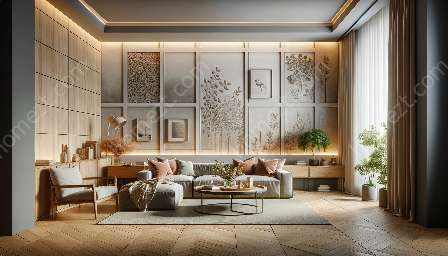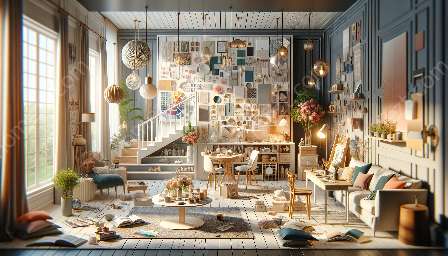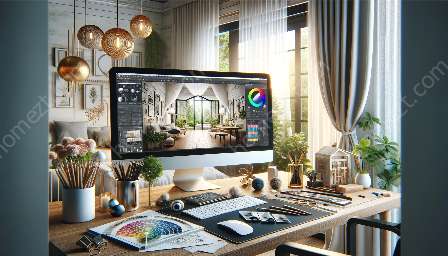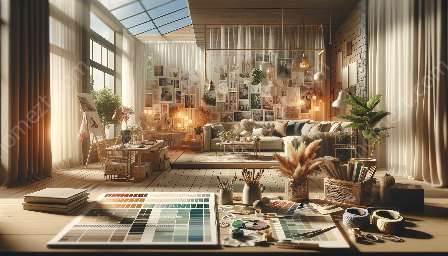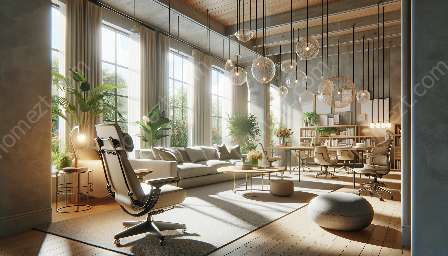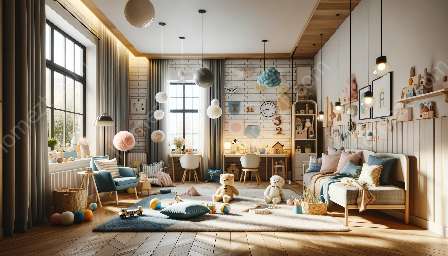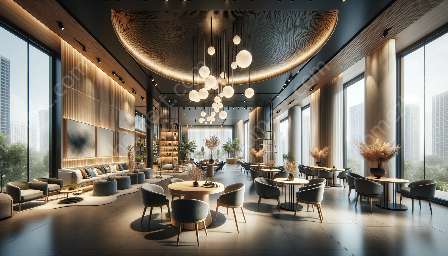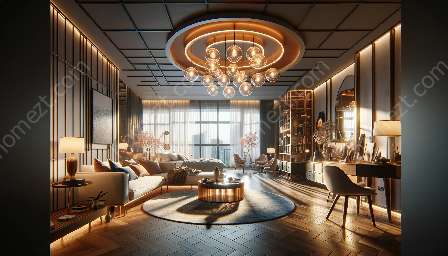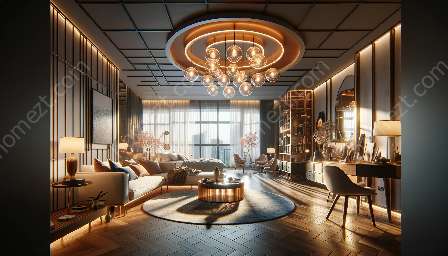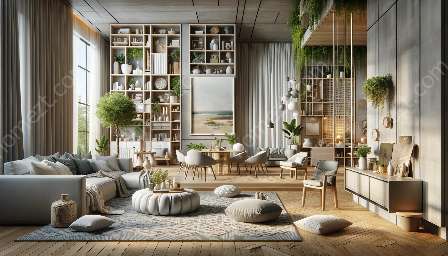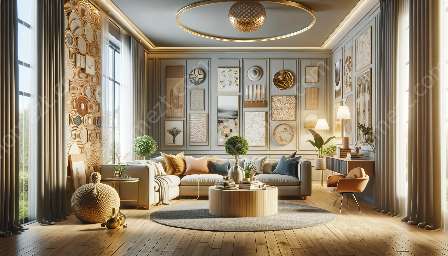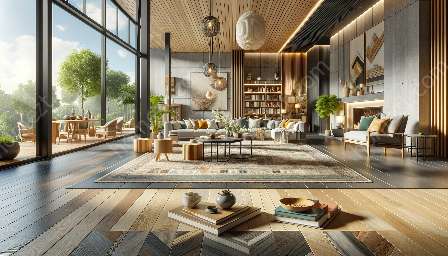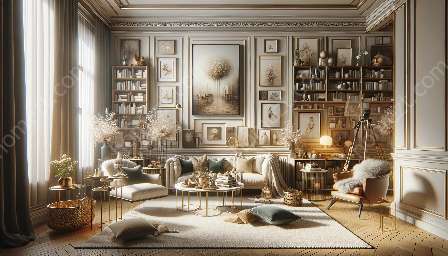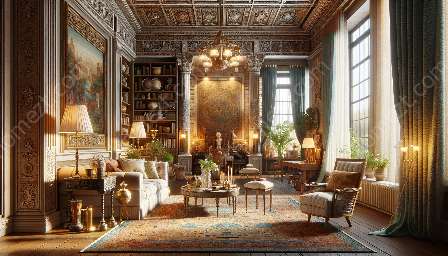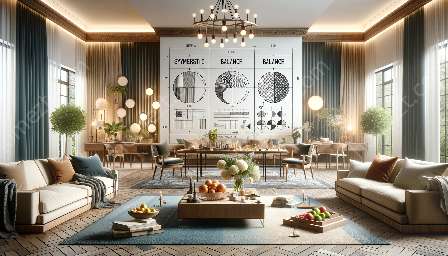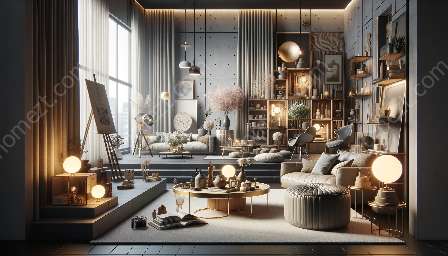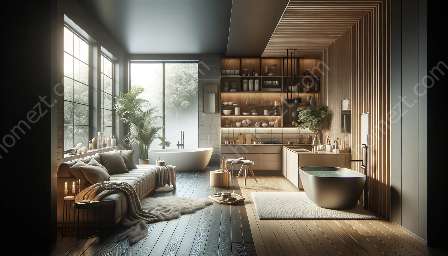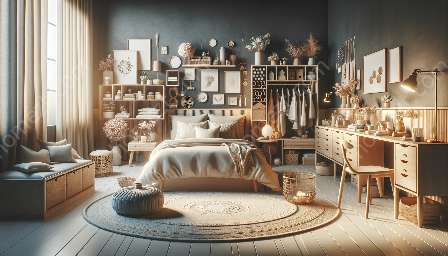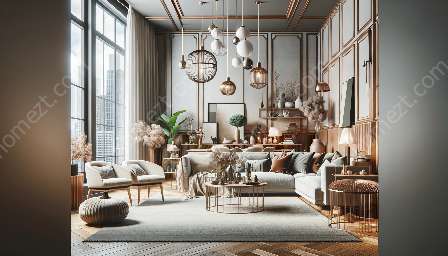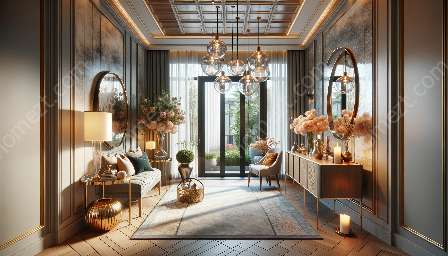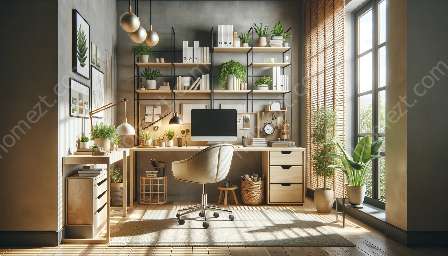Interior decor is a reflection of personal style and lifestyle, but it also involves ethical considerations that inform design concepts and the use of materials. From sustainable sourcing to fair labor practices, ethical design principles should guide the decisions made by interior designers and decorators. This topic cluster delves into the intersection of ethical considerations, design concepts, material use, mood boards, and the art of interior design and styling.
Ethical Considerations in Design Concepts
When it comes to designing interior spaces, ethical considerations play a crucial role in shaping the concepts and visions that drive the creative process. Designers must consider how their choices impact the environment, local communities, and future generations. This includes prioritizing sustainable and eco-friendly design elements, as well as embracing inclusivity and accessibility.
The Role of Ethical Material Use
Materials are the building blocks of interior decor, and the ethical use of materials is paramount to responsible design. This involves understanding the lifecycle of materials, from extraction and production to disposal. Designers are increasingly turning to sustainable, recycled, and upcycled materials to minimize environmental impact and support ethical labor practices.
Mood Boards as Ethical Guides
Mood boards are essential tools for visualizing design concepts and communicating ideas. When considering ethical principles, mood boards can be used to curate materials and styles that align with sustainable and socially responsible design. By incorporating images, textures, and color palettes that reflect ethical considerations, designers can shape a cohesive vision that respects both people and the planet.
Design Concepts and Ethical Storytelling
Interior design is a form of storytelling, and ethical considerations provide the narrative framework for design concepts. By integrating ethical values into the design process, interior decorators can craft spaces that resonate on a deeper level, evoking a sense of purpose and authenticity through their work. From the choice of materials to the arrangement of furniture, the ethical storytelling in interior decor can inspire and educate.
Interior Design and Ethical Styling
Styling is the final layer of interior design, and ethical considerations continue to guide the process. Through conscious styling choices, designers can accentuate the ethical narrative woven into the space, whether through showcasing fair-trade artisanal products or promoting minimalism and waste reduction. Ethical styling complements the overall design concept, completing the ethical journey from concept to realization.
Conclusion
Design concepts and the use of materials in interior decor are deeply intertwined with ethical considerations. By prioritizing sustainability, fairness, and inclusivity, interior designers and decorators can create spaces that not only look beautiful but also reflect values that honor the planet and its people. This holistic approach to ethical design inspires a new generation of interior decor that is both visually stunning and socially responsible.

